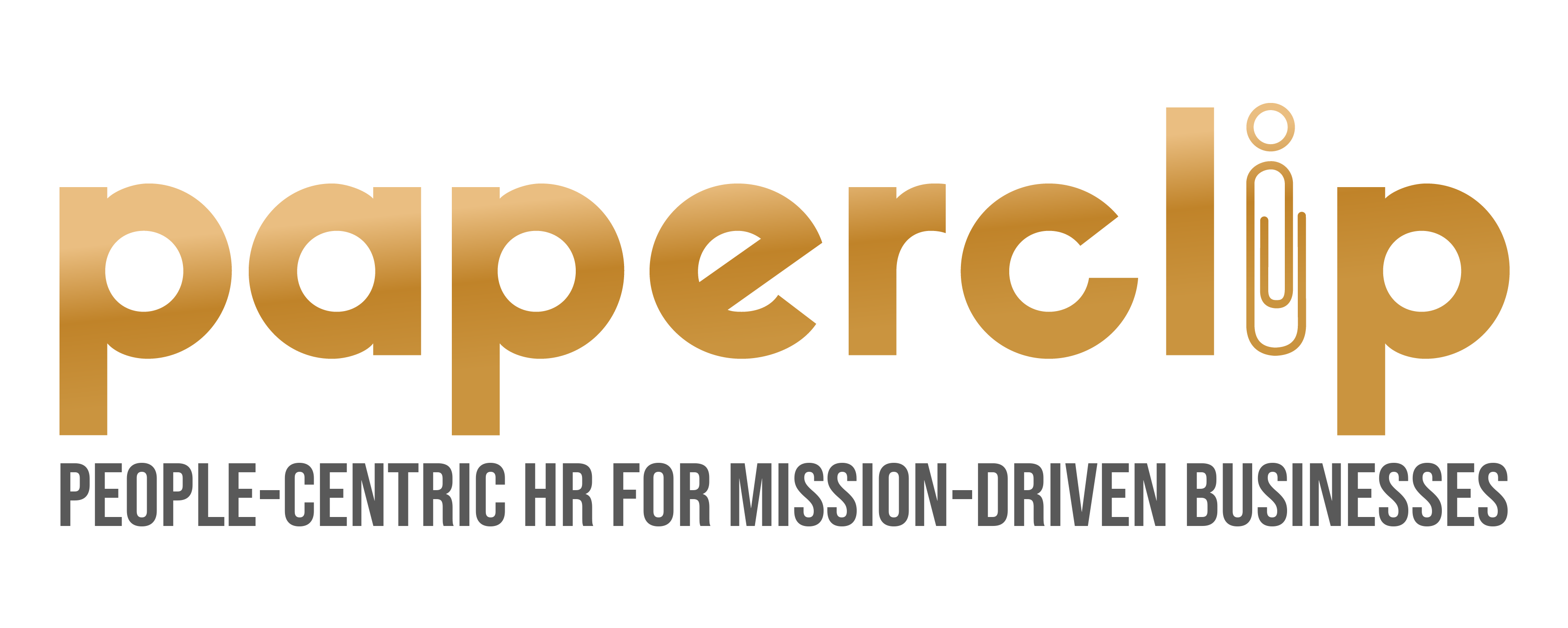Legal Compliance and HR
Maintaining a legally compliant workplace is not just a legal requirement, but also a fundamental aspect of creating a safe and productive environment for employees. Human Resources (HR) professionals play a critical role in ensuring that organizations adhere to all applicable laws and regulations. In this blog post, we will discuss the importance of legal compliance in HR and provide practical strategies for building and maintaining a risk-free workplace.
Understanding the Legal Landscape
The legal framework surrounding employment is multifaceted and subject to change. HR teams must stay updated on local employment laws, including labor standards, anti-discrimination regulations, wage and hour laws, and health and safety requirements. Regular training and access to legal resources are essential for HR professionals to remain informed and ensure compliance.
Creating and Updating Policies and Procedures
A well-documented set of policies and procedures is the cornerstone of legal compliance. HR should collaborate with legal counsel to develop clear and comprehensive guidelines covering areas such as employee conduct, discrimination and harassment prevention, workplace safety, and privacy. Regular review and revision of these policies are crucial to reflect changes in laws and organizational needs.
Conducting Thorough and Fair Hiring Processes
Ensuring compliance begins with the recruitment and hiring process. HR should establish standardized procedures for job postings, interviews, and candidate assessments. Compliance with equal opportunity employment laws and proper documentation of hiring decisions are imperative to avoid potential legal challenges.
Implementing Training and Development Programs
Comprehensive training programs are essential for educating employees and managers on legal requirements and company policies. This includes anti-harassment and discrimination training, safety protocols, and diversity and inclusion initiatives. HR should track and document participation to demonstrate the organization’s commitment to compliance.
Addressing Workplace Conflicts and Complaints
When conflicts arise, HR must handle them promptly and impartially. This involves conducting thorough investigations, documenting findings, and taking appropriate corrective actions. Maintaining confidentiality and ensuring due process are critical elements in preventing legal liabilities.
Data Privacy and Security:
In an increasingly digital world, protecting employee data is paramount. HR must be knowledgeable about data privacy laws, such as the General Data Protection Regulation (GDPR) and the Health Insurance Portability and Accountability Act (HIPAA). Implementing robust data protection measures and educating employees about privacy rights are essential components of compliance.
Legal compliance is the foundation of a risk-free workplace, and HR professionals are at the forefront of this effort. By staying informed, establishing clear policies and procedures, conducting fair hiring processes, implementing comprehensive training programs, addressing conflicts appropriately, navigating leaves and accommodations, and prioritizing data privacy, HR can create an environment that is both legally sound and conducive to the well-being and success of employees and the organization as a whole. In doing so, HR plays a vital role in ensuring a workplace that thrives in today’s complex regulatory landscape.
